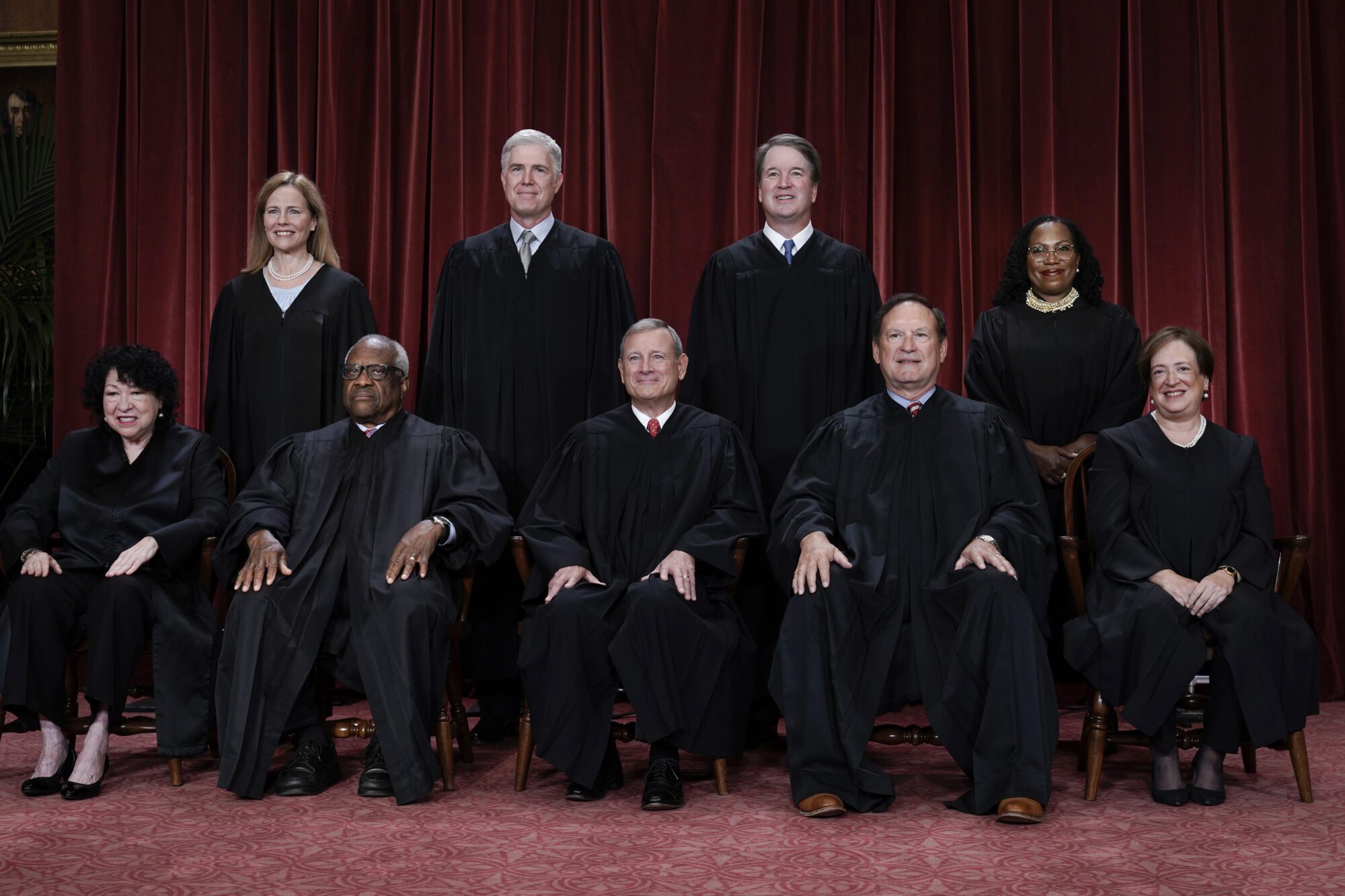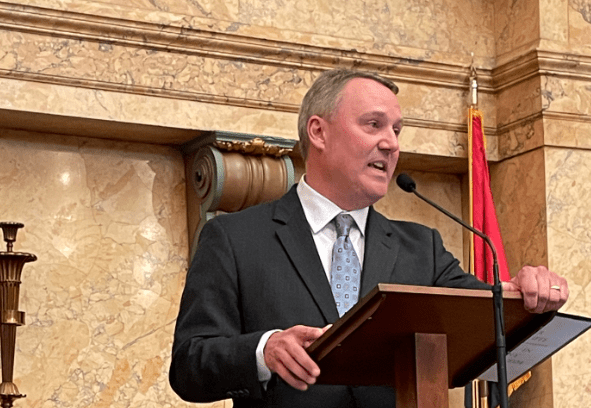RELEASE:
Wicker: Law Prohibits Taxpayer Funds From Being Used for UN Climate Change Convention
UNFCCC Grants Membership to ‘State of Palestine,’ Triggering Ban of U.S. Funds
WASHINGTON – U.S. Senator Roger Wicker, R-Miss., joined a group of 28 senators in sending a letter to U.S. Secretary of State John Kerry that called on the Administration to prohibit taxpayer funds for the United Nations Framework Convention on Climate Change (UNFCCC). The letter was led by Senator John Barrasso, R-Wyo.
Under the 1994 “Foreign Relations Authorization Act,” the U.S. government is barred from providing federal money to affiliated organizations of the United Nations that grant full membership as a state to certain groups, such as the Palestinians. Last month, the “State of Palestine” was recognized as a full member of the UNFCCC.
“We request that you ensure that no disbursements of U.S. funds are made to the UNFCCC and its related entities after March 17, 2016,” the senators wrote. “We believe that your failure to do so will constitute a violation of current law. …We implore the administration to hold the Palestinians accountable for their actions in circumventing the peace process, and to abide by current law prohibiting U.S. taxpayer funds for the UNFCCC and its related entities and other UN affiliated organizations that recognize the ‘State of Palestine.’”
As an affiliated organization to the United Nations, the UNFCCC and its related entities – including the Secretariat, the Conference of Parties, and the Green Climate Fund – are barred from receiving U.S. taxpayer funds since UNFCCC recognizes the “State of Palestine.”
Full text of the letter:
April 18, 2016
Dear Secretary Kerry:
On December 18, 2015, the Palestinians submitted to the United Nations its instruments of accession to the United Nations Framework Convention on Climate Change (UNFCCC). On March 17, 2016, the “State of Palestine” was allowed to become a full member of the UNFCCC. That action triggered a statutory restriction under current law that now prohibits the U.S. government from providing U.S. taxpayer funds to the UNFCCC and its related entities, such as the UNFCCC Secretariat, the Green Climate Fund, the Conference of the Parties (COP), and the Conference of the Parties serving as the meeting of the Parties to the Kyoto Protocol (CMP). We request that you ensure that no disbursements of U.S. funds are made to the UNFCCC and its related entities after March 17, 2016. We believe that your failure to do so will constitute a violation of current law.
In 1994, Congress passed and the President signed into law a prohibition on the distribution of U.S. taxpayer funds to “any affiliated organization of the United Nations which grants full membership as a state to any organization or group that does not have the internationally recognized attributes of statehood.” The UNFCCC, through its operating entities, constitutes an “affiliated organization of the United Nations.” For example, the UNFCCC secretariat is connected and linked to the UN in many ways, including the following:
• The UN secretary-general appoints the executive secretary of the UNFCCC secretariat.
• At the first Conference of the Parties, the UNFCCC decided that its secretariat “shall be institutionally linked to the United Nations.” According to its website, they remain “institutionally linked” today.
• The UN serves as Depository for the UNFCCC and its Kyoto Protocol.
• The UN’s proposed budget for the biennium 2016-2017 supports the UNFCCC.
• The UN Campus in Bonn, Germany houses the UNFCCC secretariat, which the UN lists as one of 18 organizations that represents it and that are part of the “UN presence” in Bonn.
• The UNFCCC secretariat is subject to UN rules and regulations regarding procurement and other matters.
• The UNFCCC secretariat supports what it describes as the “largest annual United Nations conference” – the COP held together with the CMP.
The U.S. government does not recognize the “State of Palestine,” which is not a sovereign state and does not possess the “internationally recognized attributes of statehood.”
Therefore, the UNFCCC, as an affiliated organization of the UN, granted full membership to the Palestinians, an organization or group that does not have the internationally recognized attributes of statehood. As a result, current law prohibits distribution of U.S. taxpayer funds to the UNFCCC and its related entities.
The only realistic and sustainable path to resolving the Israeli-Palestinian conflict is through direct negotiations between Israel and the Palestinians. The unilateral actions of the Palestinians to seek statehood recognition through UN affiliated organizations, treaties, conventions, and agreements serve only to circumvent direct negotiations between Israel and the Palestinians. The accession of the Palestinians to the UNFCCC and its efforts to secure full membership in other UN affiliated organizations undermine those negotiations and make achieving a comprehensive peace agreement more difficult.
The inability of the U.S. government to block the Palestinians from being admitted for membership as a state by the UNFCCC and other UN affiliated organizations is extremely troublesome. We urge the administration to clarify, both publicly and privately, that the United States does not consider the “State of Palestine” to be a sovereign state, and to work diligently to prevent the Palestinians from being recognized as a sovereign state for purposes of joining UN affiliated organizations, treaties, conventions, and agreements. We implore the administration to hold the Palestinians accountable for their actions in circumventing the peace process, and to abide by current law prohibiting U.S. taxpayer funds for the UNFCCC and its related entities and other UN affiliated organizations that recognize the “State of Palestine.”
4/19/16







